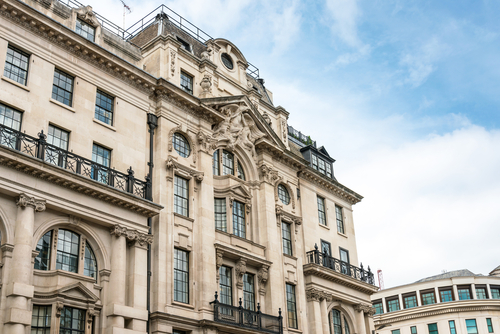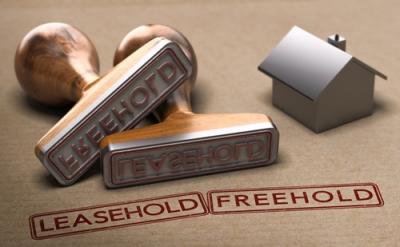Views are sought from all heritage destinations with listed buildings across the UK to find out how much they pay on VAT on repairs, maintenance and restoration.
As the first detailed research survey of its kind on the issue of VAT and listed buildings, Historic Houses hopes the findings will be instrumental for the whole heritage sector.
Currently, the financial burden of VAT on such essential works can be significant, often impeding the preservation and maintenance of these historic structures, which contribute to the character of our places and which also attract tourism and investment to the UK.
Public opening
The research, which is being conducted for Historic Houses by leading research agency Harlow Consulting, will show the potential level of need and the benefits such a rebate scheme could have.
Findings will help highlight to government the economic and cultural benefits of implementing a VAT rebate scheme for heritage destinations.
Ben Cowell, Director General of Historic Houses, said: “Before we can make a case with new ministers, we first need to understand how listed buildings operating as heritage attractions experience the existing VAT regime. So, we have launched this survey, which we are encouraging our member places, and other heritage attractions, to complete.
“We would like to hear from anyone who owns or manages a listed building that is open to the public as a heritage attraction, or who might be considering future public opening.”
The aim of the questionnaire is to find out the potential benefits of a VAT rebate scheme for the repair, maintenance and restoration of listed buildings that are open to the public for at least 28 days a year.
Sarah Roller, Policy Manager at Historic Houses said: “Heritage properties open to the public deliver a huge amount of economic benefit as well as genuine pleasure and enjoyment for millions of people. We feel they should be supported by government with a more supportive VAT regime on their repair and maintenance. It’s been an extremely tough economy for all in the tourism and heritage sector, with the cost-of-living crisis compounded by the shortage of skilled tradespeople in the sector.
“The aim, we believe, of creating some kind of VAT cut for repairs and maintenance to listed buildings would be to give custodians of heritage/listed buildings an incentive to undertake repairs & maintenance projects, and to kickstart tackling the enormous repairs backlog, exacerbated by the pandemic, which threatens the very fabric of our heritage.”
A rebate scheme would mean that heritage buildings are treated in parity with new builds that can already claim VAT rebates.
All those who own or manage heritage destinations that are open to the public for 28 days or more per year are being urged to take part in the survey.
Iconic Blenheim
The questions relate to five main themes: basic details about your heritage property, the impacts of VAT, the condition of your heritage property, the cost of repair works, and the place of your property in the wider community.
Harlow Consulting is a leading research agency in the heritage sector.
Dr James Legard, Associate Director at Harlow Consulting, who is leading the research, said: “This survey will help collate evidence on how much heritage destinations spend on repairs, how much they pay in VAT, and how much VAT they can currently get back. By relating these to information about the condition of the buildings, how many visit and the contribution these exceptional places make to their communities and more widely, we will understand better the impacts that a VAT rebate scheme could have.
"The more heritage destinations take part, the stronger Historic Houses’ case will be, so we hope that as many listed destinations as possible will spare the 20 minutes it will take to complete this survey.”
Historic Houses is the representative body for 1,450 Grade I and II independently owned listed houses, castles, and gardens across the UK.
In 2022, its members welcomed over 21 million visitors, generating over £1 billion for the economy and supported over 32,000 FTE jobs.
Its member houses range from the iconic Blenheim Palace, Highclere Castle and Knebworth House to more intimate houses such as Traquair in Scotland and Treowen in Wales.
Historic Houses has been campaigning for tax reform on behalf of the heritage sector for the past two decades.
It states the backlog of repairs and maintenance across the 1,450 Historic Houses represents sits at around £1.38 billion.
Sarah Roller from Historic Houses added: “Heritage buildings contribute enormously to placemaking and economic regeneration. These buildings can be focal points for tourism, for communities, for cultural engagement, and can support many businesses. Their repair and maintenance also helps the wider sustainability agenda, and so it’s crucial we help remove the financial barriers or challenges building owners face, to support them in looking after these treasured places.”
Take part in the survey here.












.png)


.png)



Join the conversation
Be the first to comment (please use the comment box below)
Please login to comment